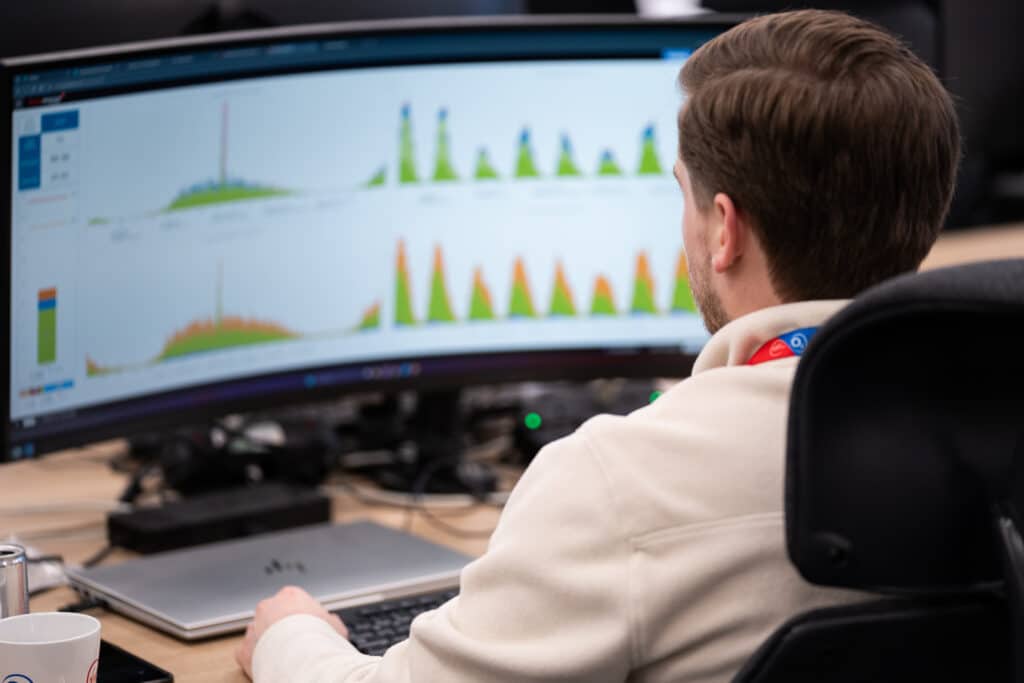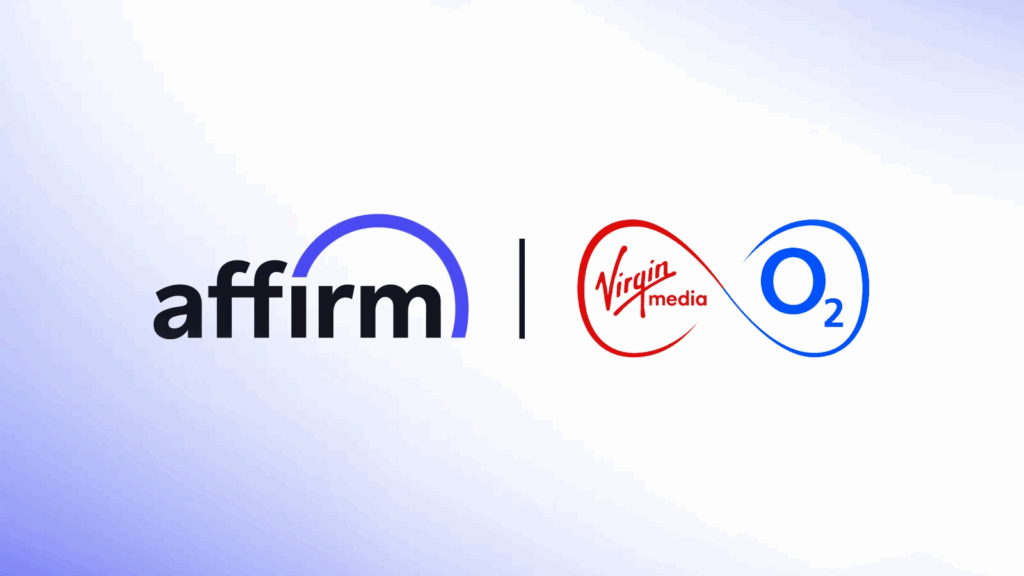
Jeanie York, Chief Technology Officer, Virgin Media O2
June 2022 is a very special month for us as a business and for me personally, as we celebrate one whole year of Virgin Media O2.
Last year, we brought our two businesses together to offer greater choice, speed and flexibility to the millions that depend on us right across the UK. I’ll freely admit it’s been a huge undertaking, and a colossal effort from thousands of people around the business.
We’ve invested around £2bn in our network since launch day, upgrading 4G across more than 390,000 postcodes and delivering on our 5G rollout, with coverage across more than 450 towns and cities – each with over 50% population coverage. In December, we became the only major provider to update our entire national network to gigabit speeds, and have added hundreds of thousands of new premises via our Project Lightning network expansion programme.
Our services matter now more than ever. As more and more people harness new online services, technology and applications, traffic on our mobile network has risen around 32% year on year. Meanwhile, customers have downloaded 16% more broadband data than the previous year. But digital connectivity has the power to drive real economic progress. Our research found that investment in digital transformation will boost the UK economy by £232 billion by 2040.
Upgrading mobile and broadband networks and embracing digital tools supports economic growth and is essential for the UK’s Levelling Up strategy. We found that if the UK were to overtake other countries, and become the leader on the Digital Connectivity Index, by 2026 it would unlock £69.78 billion in extra GDP. This would create an additional 510,000 new jobs and contribute towards higher economic growth.
If we as an industry are to harness such an opportunity, then there are two key elements required to unlock this potential. The first is a relentless pursuit of innovation and technological advancement. For instance, private networks will bring us closer to Industry 4.0, enabling companies to benefit from the higher speeds and lower latency of 5G.
Businesses such as British Sugar and Leonardo have already implemented our private networks to build operational centres of the future, capable of advanced automation and IoT to boost productivity and efficiency. The British Sugar private network enables robotics to streamline production even further, automated (driverless) ground vehicles, and connected drones that can cover a large area and monitor tall structures such as silos and lime kilns remotely and safely. We’ve also harnessed 5G to create tethered drones which enable emergency on-site personnel to immediately assess the scene and make informed decisions, potentially saving lives.
Standalone 5G will unlock even more possibilities. The shift to standalone 5G will lay the foundations for advanced techniques like network slicing, as well as ultra-low latency and the ability to handle huge volumes of data. New and innovative applications and services, for consumers and businesses, will be enabled by the standalone network, such as Virtual Reality (VR), Augmented Reality (AR) and other immersive experiences, some of which were part of our recent 5G Festival project with the DCMS.
The second element is a clear focus on sustainability. 5G networks will spearhead a more efficient, more productive and more sustainable way of communicating with each other and this must be at the heart of all efforts to upgrade the UK’s digital infrastructure.
This goes beyond recycled hardware, sustainably-cooled data centres and 100% renewable energy, as brilliant and vital as all of these are. We must go one step further and harness the power of digital connectivity to drive environmental change. We are working with several partners and authorities to plan improvements to air quality, public health and energy infrastructure. We’re also working with partners to explore best sustainable practices in industries such as agriculture and autonomous vehicles, supported by the development of edge ecosystems which will bring more processing power and lower latency for these types of programmes.
Ultimately, a connected world is a decarbonised world – and we are at the forefront of this. The telecoms sector has a crucial role in supporting other industries in their efforts to reach carbon neutrality. Right from flexible working and the digital workplace to the efficiencies driven by the Internet of Things, we’ve seen strides in connectivity and digital technologies, enabling businesses to decarbonise across numerous sectors.
Finally, another area I’m particularly proud of is our ongoing commitment to tackling data poverty. Virgin Media O2 pioneered the UK’s first ever National Databank launched in July 2021 which provides mobile connectivity to people in need. Run by Good Things Foundation, with other operators joining the initiative, O2 has so far distributed 19,800 SIMs to 356 centres nationwide and has committed to donating 46 million gigabytes of free mobile data by the end of 2025.
Our connected future is a bright one. There’s huge untapped potential to upgrade the UK, we’ve made great strides, but there’s more to do. Ongoing innovation and investment in connectivity – with sustainability at its core – will drive jobs, economic growth and ultimately a more prosperous society. So, as we blow out the first candle on our cake, I look back on our achievements with great pride, and with nothing but excitement about what the future will bring.
press enquiries
press enquiries







